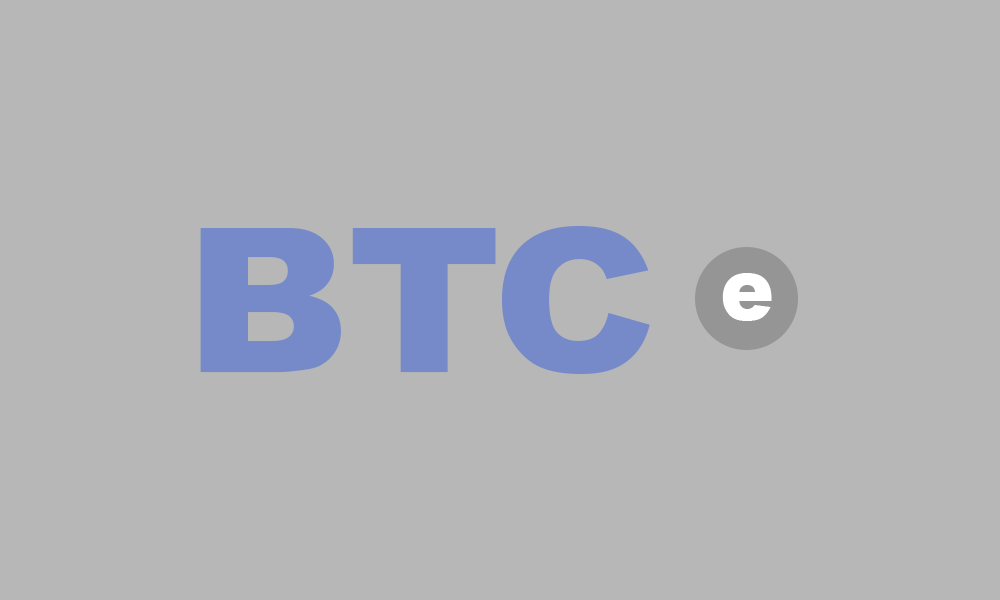 EMERGING TECH
EMERGING TECH
 EMERGING TECH
EMERGING TECH
 EMERGING TECH
EMERGING TECH
A Russian man believed to have been the operator of the BTC-e bitcoin exchange has been arrested in Greece on money laundering charges, some of which may relate to stolen funds from failed Japanese bitcoin exchange Mt. Gox.
Alexander Vinnik, 38, was arrested in northern Greece Tuesday by local police in cooperation with U.S. authorities. Reports claim that police seized electronic equipment, including mobile phones, two laptops and five tablets, from his hotel room.
Vinnik stands accused of laundering $4 billion worth of bitcoin through the BTC-e exchange founded in 2011. The funds are alleged to be the proceeds from online hacking, ransomware, drug running, identity theft and tax violations.
BTC-e, based in Russia, is one of the world’s largest bitcoin exchanges and accounted for more than 5 percent of all bitcoin exchanged over the last 6 months, according to figures from the tracking site Bitcoinity. Notably, BTC-e has been offline since Tuesday, the same day that Vinnik was arrested. The site showed a “Site is under maintenance. We apologize for the inconvenience” message in English and a tweet in Russian that translates to “At the moment, work is underway to restore the service. Approximate terms from 5 to 10 days. Thank you for understanding.”
The exchange has long been known as a clearing house for ill-gotten gains. Research published by Google Inc. earlier this week, prior to Vinnik’s arrest, claimed that 95 per cent of all funds collected in ransomware attacks were processed through BTC-e.
Where the story becomes potentially more interesting is that Vinnik is being accused of having been involved in the theft of bitcoins from Japanese bitcoin exchange Mt. Gox that led to its collapse in February 2014. WizSec, a Japanese security company that has long been investigating the Mt. Gox case, makes the link, writing that “we won’t beat around the bush with it: Vinnik is our chief suspect for involvement in the MtGox theft (or the laundering of the proceeds thereof).”
The company provided a list of evidence that ties Vinnik to Mt. Gox. The most notable is that the hacker or insider who stole bitcoin from Mt. Gox sent the funds to a bitcoin wallet controlled by Vinnik over a period of three years.
“To be clear, this investigation turned up evidence to identify Vinnik not as a hacker/thief but as a money launderer; his arrest news also suggests this is what he is being suspected for,” WizSec noted. “He may have merely bought cheap coins from thieves and offered a laundering service. He is, however, a crucial piece of the puzzle, as he will have likely known who he was dealing with and laundering for, and so represents a major breakthrough in the case.”
Vinnik has had an initial court appearance and remains in custody pending an extradition hearing.
THANK YOU